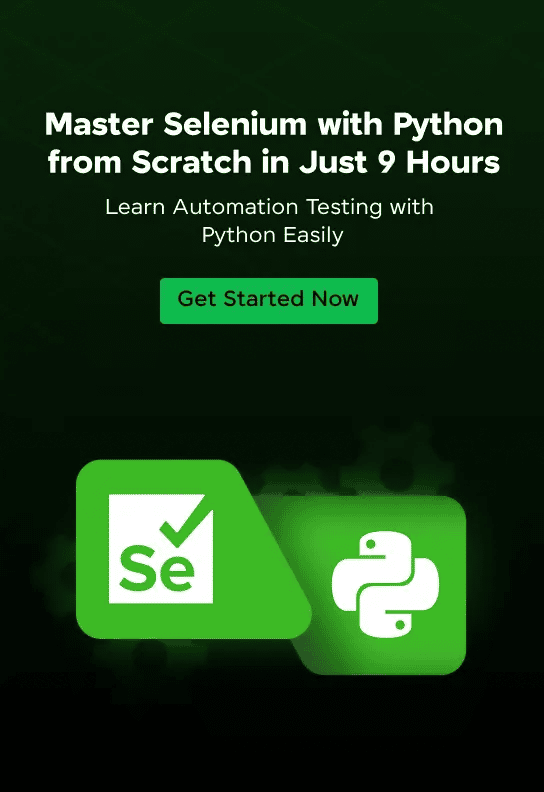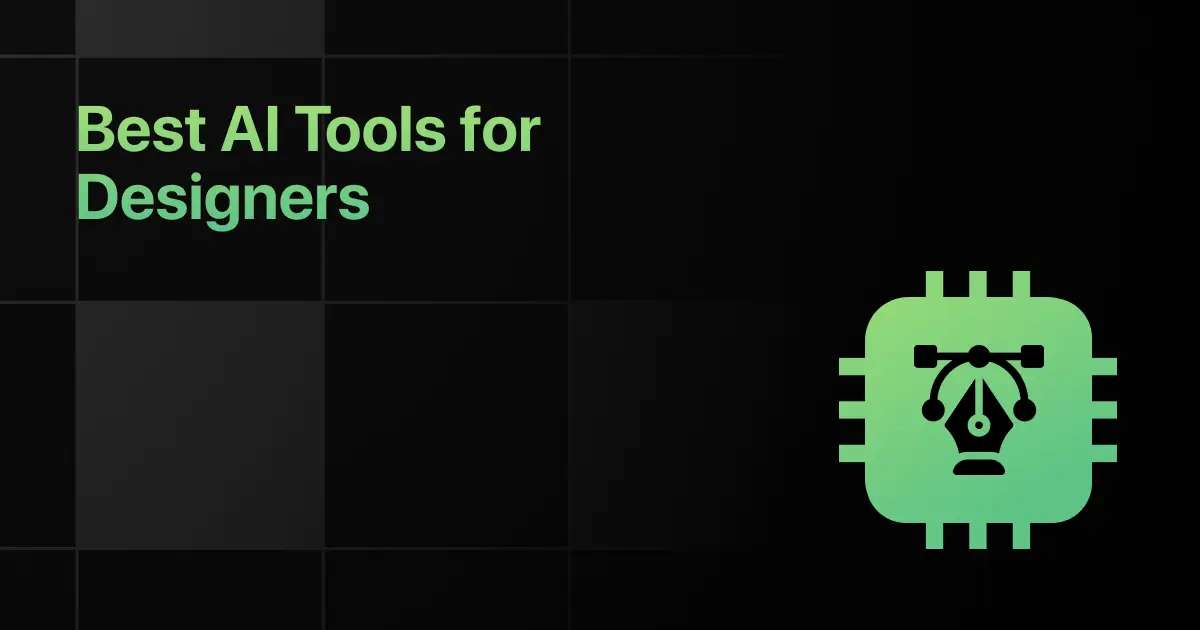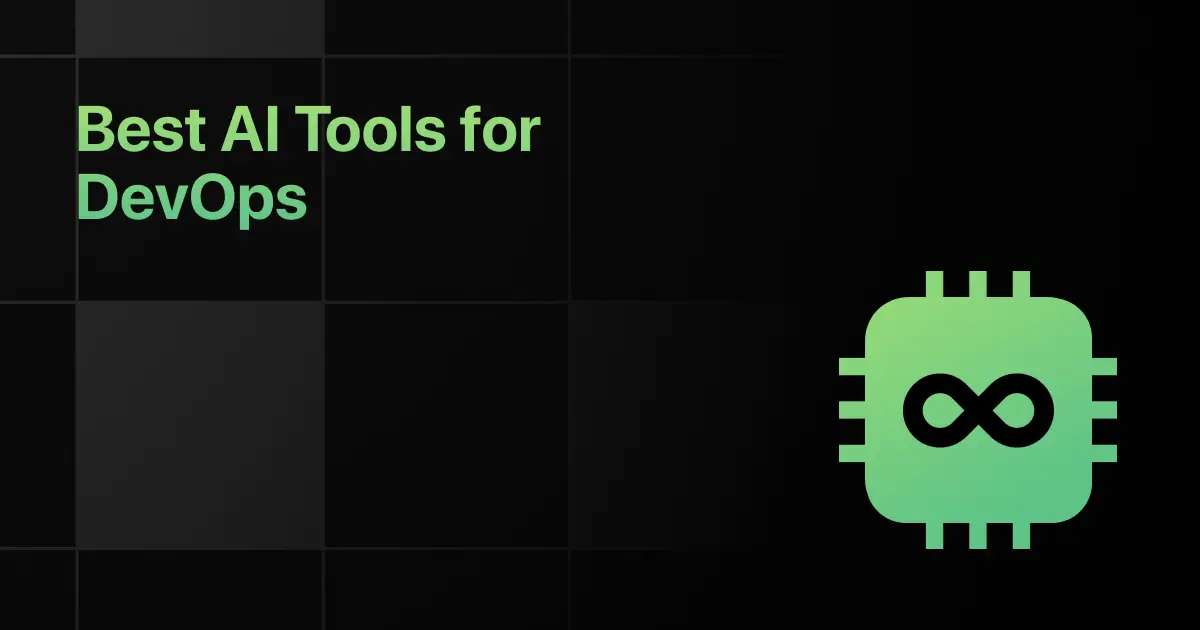Best Automation Testing Frameworks You Should Know
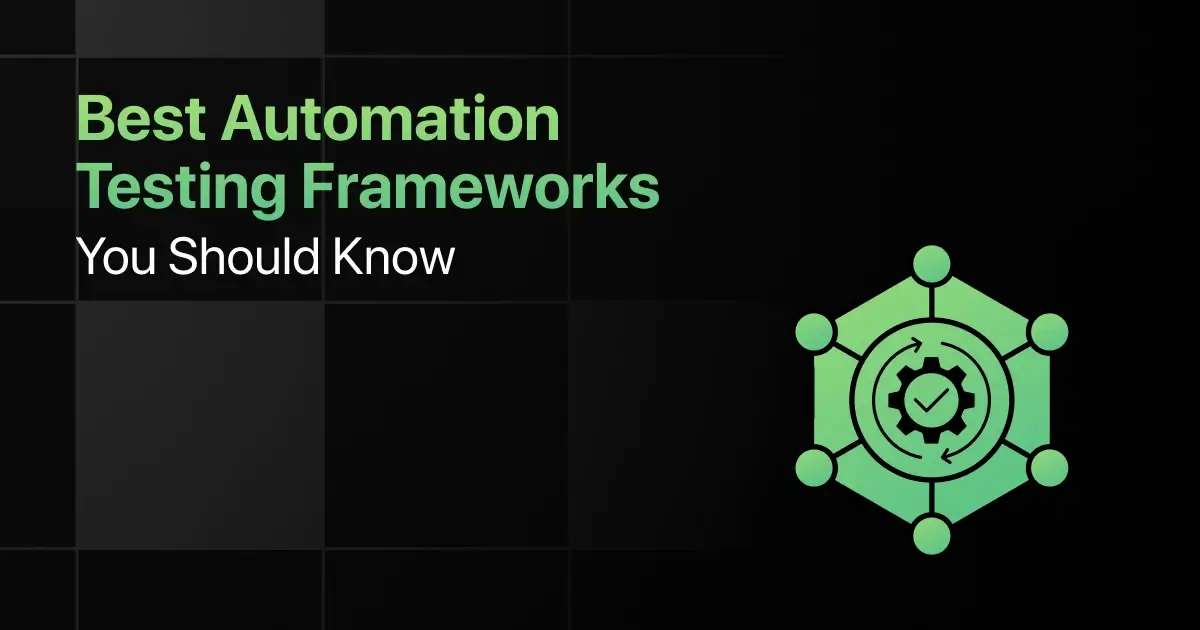
Automation testing frameworks are essential tools for developers. They provide a structured foundation to build testing solutions.
This blog will explore an automation testing framework list and highlight the unique features of the best automation testing frameworks and libraries.
If you’re looking for automation testing frameworks for beginners or aiming to conduct an automation testing frameworks comparison, this guide has you covered.
Top Automation Testing Frameworks – Overview
Here’s an overview of the 10 best frameworks for automation testing:
| S.No. | Framework Name | Key Features | Ease of Integration | Download Link |
|---|---|---|---|---|
| 1 | Selenium | Supports multiple browsers, Compatible with various languages | Medium | Download |
| 2 | Cypress | Real-time reloads, Automatic waiting | Easy | Download |
| 3 | TestNG | Annotations-based, Parallel execution | Medium | Download |
| 4 | JUnit | Annotations-based, Integration with IDEs | Easy | Download |
| 5 | Playwright | Cross-browser testing, Automated UI testing | Easy | Download |
| 6 | Appium | Supports multiple platforms, Compatible with various languages | Medium | Download |
| 7 | Robot Framework | Keyword-driven testing, Highly extensible | Easy | Download |
| 8 | Protractor | Angular-specific locators, Seamless integration with Angular | Medium | Download |
| 9 | Puppeteer | Headless browser support, Screenshot and PDF generation | Easy | Download |
| 10 | Jasmine | Clean and simple syntax, Asynchronous testing support | Easy | Download |
Most Popular Automation Testing Frameworks You Should Know
Below are the top 10 automation testing frameworks you should know:
1. Selenium
Selenium is a widely used open-source framework for automating web browsers.
It supports multiple programming languages and browsers, making it a versatile choice for end-to-end testing.
Popularity:
- Widely adopted in the industry.
- Used by many large enterprises.
- Preferred for cross-browser testing.
Key Features:
- Supports multiple browsers.
- Compatible with various programming languages.
- Extensive community support.
Learning Curve: Medium
Performance: Good performance with extensive testing capabilities
Compatibility:
- Works with Chrome, Firefox, Safari, and Edge.
- Supports Java, C#, Python, and more.
Ease of Integration: Medium
Use Cases and Industry Adoption:
- Cross-browser testing
- Regression testing
- Web application testing
Job Market Demand:
- High demand in QA roles.
- Used by tech giants and startups.
- Preferred for web automation testing.
2. Cypress
Cypress is a modern end-to-end testing framework built for the web.
It focuses on making testing easy and fast, with a user-friendly interface and powerful features.
Popularity:
- Growing rapidly among developers.
- Preferred for modern web applications.
- Common in agile development environments.
Key Features:
- Real-time reloads
- Automatic waiting
- Simple setup
Learning Curve: Easy
Performance: High performance with fast test execution
Compatibility:
- Works with all modern browsers.
- Integrates with JavaScript and TypeScript.
Ease of Integration: Easy
Use Cases and Industry Adoption:
- End-to-end testing
- Component testing
- Web application testing
Job Market Demand:
- Increasing demand in modern web development.
- Used by startups and tech companies.
- Preferred for fast and reliable testing.
3. TestNG
TestNG is a testing framework inspired by JUnit and NUnit, designed to cover all categories of tests, from unit to integration.
Popularity:
- Popular in Java development.
- Widely used in enterprise applications.
- Preferred for flexible testing.
Key Features:
- Annotations-based
- Parallel execution
- Data-driven testing
Learning Curve: Medium
Performance: Good performance with robust features
Compatibility:
- Works with Java.
- Integrates with Selenium and other tools.
Ease of Integration: Medium
Use Cases and Industry Adoption:
- Unit testing
- Integration testing
- Functional testing
Job Market Demand:
- High demand in Java development.
- Used by large enterprises.
- Preferred for comprehensive testing.
4. JUnit
JUnit is a simple framework to write repeatable tests in Java. It is an essential tool for test-driven development (TDD).
Popularity:
- Widely used in Java development.
- Essential in many enterprise applications.
- Common in TDD practices.
Key Features:
- Annotations-based
- Integration with IDEs
- Assertions for testing
Learning Curve: Easy
Performance: Good performance with efficient test execution
Compatibility:
- Works with Java.
- Integrates with various build tools and IDEs.
Ease of Integration: Easy
Use Cases and Industry Adoption:
- Unit testing
- Regression testing
- TDD
Job Market Demand:
- High demand in Java development.
- Used by enterprises and startups.
- Preferred for TDD and unit testing.
5. Playwright
Playwright is a Node.js library to automate Chromium, Firefox, and WebKit with a single API. It is designed for end-to-end testing.
Popularity:
- Growing in popularity.
- Preferred for modern web applications.
- Used in agile development.
Key Features:
- Cross-browser testing
- Automated UI testing
- Fast execution
Learning Curve: Medium
Performance: High performance with multi-browser support
Compatibility:
- Works with JavaScript/TypeScript.
- Supports Chrome, Firefox, and Safari.
Ease of Integration: Easy
Use Cases and Industry Adoption:
- End-to-end testing
- Cross-browser testing
- UI testing
Job Market Demand:
- Increasing demand in web development.
- Used by tech companies and startups.
- Preferred for comprehensive web testing.
6. Appium
Appium is an open-source framework for automating mobile apps. It supports native, hybrid, and mobile web applications on iOS and Android platforms.
Popularity:
- Widely used for mobile app testing.
- Preferred for cross-platform testing.
- Common in mobile development.
Key Features:
- Supports multiple platforms
- No need to recompile apps
- Compatible with various programming languages
Learning Curve: Medium
Performance: Good performance with versatile testing
Compatibility:
- Works with iOS and Android.
- Integrates with Selenium and various languages.
Ease of Integration: Medium
Use Cases and Industry Adoption:
- Mobile app testing
- Cross-platform testing
- Automated mobile testing
Job Market Demand:
- High demand in mobile app development.
- Used by tech companies and startups.
- Preferred for versatile mobile testing.
7. Robot Framework
Robot Framework is an open-source automation framework for acceptance testing and robotic process automation (RPA).
It uses a keyword-driven approach.
Popularity:
- Popular in acceptance testing.
- Widely used in RPA.
- Preferred for its extensibility.
Key Features:
- Keyword-driven testing
- Extensive libraries
- Highly extensible
Learning Curve: Easy
Performance: Good performance with flexible testing
Compatibility:
- Works with various libraries.
- Integrates with Python and Java.
Ease of Integration: Easy
Use Cases and Industry Adoption:
- Acceptance testing
- RPA
- Integration testing
Job Market Demand:
- High demand in QA and RPA.
- Used by enterprises and tech companies.
- Preferred for flexible and extensible testing.
8. Protractor
Protractor is an end-to-end test framework for Angular and AngularJS applications. It is built on top of WebDriverJS.
Popularity:
- Widely used for Angular testing.
- Preferred by Angular developers.
- Common in front-end testing.
Key Features:
- Angular-specific locators
- Seamless integration with Angular
- Automated sync with the Angular app
Learning Curve: Medium
Performance: Good performance with Angular optimization
Compatibility:
- Works with Angular and AngularJS.
- Integrates with Selenium and WebDriverJS.
Ease of Integration: Medium
Use Cases and Industry Adoption:
- End-to-end testing
- Angular application testing
- Frontend testing
Job Market Demand:
- High demand in Angular development.
- Used by tech companies and startups.
- Preferred for Angular-specific testing.
9. Puppeteer
Puppeteer is a Node library that provides a high-level API to control Chrome or Chromium over the DevTools Protocol.
It is primarily used for web scraping and automated testing.
Popularity:
- Popular for headless browser testing.
- Widely used for web scraping.
- Preferred for Chrome automation.
Key Features:
- Headless browser support
- Screenshot and PDF generation
- Automated form submission
Learning Curve: Easy
Performance: High performance with fast execution
Compatibility:
- Works with Chrome and Chromium.
- Integrates with JavaScript and TypeScript.
Ease of Integration: Easy
Use Cases and Industry Adoption:
- Headless browser testing
- Web scraping
- Automated testing
Job Market Demand:
- Increasing demand in web development.
- Used by startups and tech companies.
- Preferred for headless and automated testing.
10. Jasmine
Jasmine is a behavior-driven development framework for testing JavaScript code.
It is designed to be simple and easy to use, making it a popular choice for front-end testing.
Popularity:
- Widely used in front-end development.
- Preferred for behavior-driven development.
- Common in JavaScript projects.
Key Features:
- Clean and simple syntax
- Built-in matchers
- Asynchronous testing support
Learning Curve: Easy
Performance: Good performance with clear test syntax
Compatibility:
- Works with JavaScript.
- Integrates with various JavaScript libraries.
Ease of Integration: Easy
Use Cases and Industry Adoption:
- Unit testing
- Behavior-driven development
- JavaScript testing
Job Market Demand:
- High demand in front-end development.
- Used by tech companies and startups.
- Preferred for behavior-driven testing.
Frequently Asked Questions
1. What are the best automation testing frameworks to use?
The best automation testing frameworks to use are:
- Selenium
- Cypress
- TestNG
- JUnit
- Playwright
2. What key features should I look for in an automation testing framework?
The key features you should look for in an automation testing framework are cross-browser compatibility, easy integration, reporting capabilities, and strong community support.
3. Which automation testing frameworks are easiest to learn for beginners?
Selenium and Cypress are the easiest automation testing frameworks to learn for beginners.
4. What are the common use cases for different automation testing frameworks?
Common use cases include end-to-end testing (Selenium, Cypress), unit testing (JUnit, TestNG), and performance testing (JMeter).
5. What are some lightweight automation testing frameworks for rapid application development?
Cypress, Puppeteer, and Jasmine are some lightweight automation testing frameworks for rapid application development.
6. Which automation testing frameworks are used by top companies?
Top companies use Selenium, Cypress, and JUnit for their comprehensive testing needs.
7. What is the job market demand for skills related to automation testing frameworks?
There is a high demand for skills related to Selenium, Cypress, and JUnit in QA and software testing roles.
Final Words
For beginners, starting with the recommended automation testing frameworks in this blog can ease your learning curve.
Mastering the top 10 automation testing frameworks will equip you with the knowledge and tools to build scalable testing solutions.
Explore More Automation Testing Resources
- Automation Testing YouTube Channels
- Automation Testing Project Ideas
- Automation Testing Best Programming Languages
- Automation Testing Websites
Explore More Frameworks
Related Posts
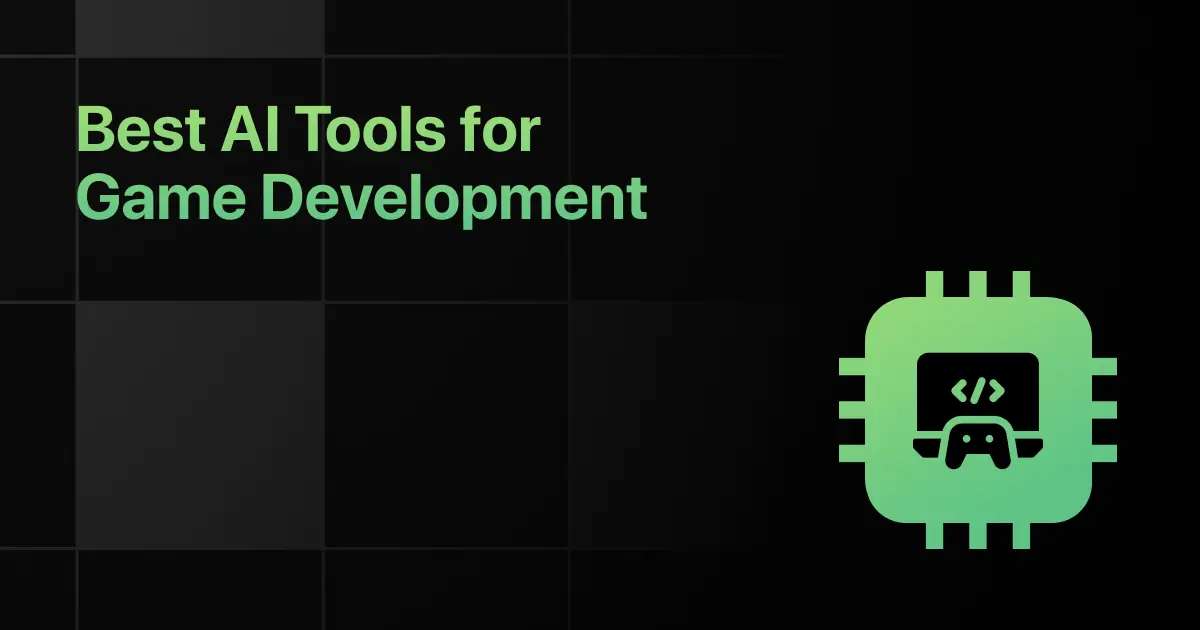

Best AI Tools for Game Development [Free + Paid]
Ever feel stuck staring at things , not knowing what to do next? You're not alone. Game development can be …


